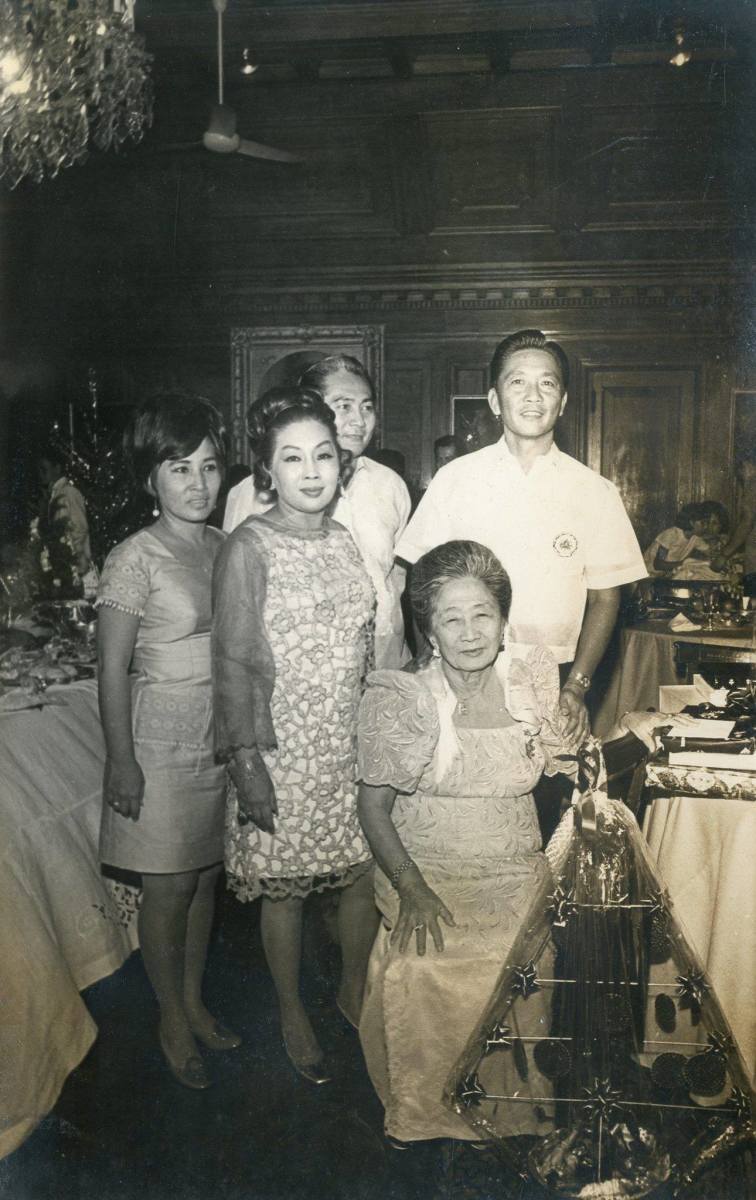Boomers Grow Up During Turbulent Times

.... and oh, the history they've seen
As the first Baby Boomers were growing up during the 1950s, their minds probably were more attuned to the issues of friends, school, birthday parties, etc. than to political and societal changes that were occurring in the United States. By the time they started high school in the early sixties, though, it had become difficult to ignore some of the earth-shattering events that were occurring.
Before most Boomers had even started kindergarten, the notorious Senate hearings, chaired by Senator Joseph McCarthy, had begun in earnest. McCarthy was diligent and ruthless in his efforts to flush out "Communists" in the United States by means of what, in retrospect, was a government-sponsored witch hunt. The scary specter of McCarthyism ended four years after it had begun, when its main proponent was discredited. What had spawned McCarthyism in the first place, however, was the Cold War, so named because both the U.S. and the Soviet Union had nuclear arms, which each realized they could not use due to the threat of mass destruction. The threat remained, though, and the Cold War continued for decades.
The decade of the '50s also began with the beginning of the Korean War, which affected the many American men who were sent to Korea to fight. (An Armistice was declared three years later.) In 1951, President Truman fired the highly decorated World War II hero, General Douglas MacArthur, and in 1952, another decorated WWII general, Dwight D. Eisenhower, was elected President. In 1953, the highly publicized case of Julius and Ethel Rosenberg ended when the the two were executed as traitors.
In 1954. the U.S. took a major step towards improving both our education system and race relations, with the decision in the landmark "Brown vs. Board of Education" case, which made the "separate but equal" practices of many Southern public schools illegal. ( Thurgood Marshall, the lawyer who represented the NAACP, went on years later to become a Supreme Court justice.) Another landmark event that impacted race relations was the Montgomery Bus Boycott of 1955, inspired by Rosa Parks, the brave woman who refused to relinquish her seat on a bus. That year also marked the merger of the AfL and the CIO to create the largest labor union in the U.S. , and the discoverey by Jonas Salk of a vaccine to prevent polio, the devastating disease that had afflicted President Franklin D. Roosevelt and so many others.
It's almost inconceivable that the Civil Rights Act of 1957, which legally mandated voting rights for all U.S. citizens, was the first mandate of its kind since Reconstruction. It's almost as disturbing to recall the attempts at desegregation by a handful of brave Black students who, heads held high, climbed the steps of a public school in Little Rock, Arkansas, as armed members of the National Guard stood by. On another front, Russia's success at launching the first space capsule called Sputnik marked the beginning of the Space Race which continued for decades, and in 1958 NASA was established. In 1959, Alaska and Hawaii became the 49th and 50th U.S. states, a momentous end to an important decade.
The 1960's, An Historian's Dream
The 1960's began with the Greensboro, North Carolina Sit-In, where four Black college students refused to bow to segregation at the lunch counter in a Woolworth's Store. This was a fit beginning for a decade that would be marked by protest and reform. Also in 1960, the National Front For the Liberation of Vietnam was established, setting the stage for the "undeclared conflict" yet to come. John F. Kennedy, elected President in November of that year was, at 43, the youngest person ever elected to that office. In 1961, his brother-in-law, Sargent Shriver, started the Peace Corps, which continues to this day.
1961 was a year marked by both achievement and turbulence. That year saw both the Bay of Pigs Invasion, which was a failed attempt to overthrow the government of Cuban dictator Fidel Castro, and the building of the Berlin Wall, which loomed for almost three decades as a symbol of oppression. 1961 also marked U.S. involvement in Vietnam , which certainly was a war to American soldiers who served there but actually was an "undeclared conflict" that continued until the total withdrawal of our troops in 1974. (The conflict escalated in 1965, shorttly after Lyndon Johnson's victory at the polls.) On a brighter note, during that year Alan Shepard piloted the Freedom 7 to become the first American in space.
In 1962, the Students for a Democratic Society(SDS) was organized in protest to U.S. involvement in Vietnam. A year later, in a decade remembered as much for its conflicts and protests as for its triumphs, Martin Luther King led the March on Washington and delivered his memorable "I Have A Dream" speech. This was just one example of King's belief in the power of both words and non-violent protest. Just five months later, the nation was in mourning when President John F. Kennedy was assassinate in Dallas. ( Probably every Boomer can still remember where he/she was and what he/ she was doing when news of the tragedy aired. I was sitting in chemistry class when a voice on the loud speaker announced, "School is now dismissed. Students will exit the building in an orderly manner." Most of us didn't learn the reason for the early dismissal until we were home. The drama continued when, two days later, on the Sunday before Thanksgiving, JFK's accused murderer, Lee Harvey Oswald, was shot an killed by bar-owner Jack Ruby. (This led fuel to the fire of proponents of the Conspiracy Theory, which the Warren Commission later deemed unfounded.) Kennedy's Vice-President, Lyndon Johnson, had been sworn in as President immediately after the shooting.
1964, the year the first Boomers graduated from high school, the 24th amendment, which banned a poll tax or anything of its kind, was passed. That same year, Lyndon Johnson shared his dream of a Great Society, dedicated to addressing social inequities such as poverty and racial injustices. The following year, Johnson increased U.S. involvement in Vietnam, and in 1966, the Bureau of Housing Urban Development (HUD) appeared, reinforcing Johnson's commitment to the concept of a Great Society. That same year saw the initiation of Miranda Rights that are still common legal practice during an arrest, ("You have the right to remain silent. You have the right to an attorney." etc.) plus the beginnings of NOW the National Organization of Women), the group that played such an important role in women's fight for equality.
The Detroit race riot in 1967 set the stage that summer for similar uprisings in well over one hundred American cities. The unsettled climate culminated in 1968 with the assassinations of Martin Luther King and Robert Kennedy on the home front and the TET Offensive in Vietnam. That year also marked the election of Richard Nixon to the Presidency, the passage of the Civi Rights Act of 1968 and the election of the first Black congreewoman, Shirley Chisholm. Neil Armstrong's walk on the moon in July of 1969 was a triumph for the United States in the Space Race, while the Boomers left their mark on the decade with the successful music and cultural celebration known as Woodstock.
Looking back, the mark those two decades left on history seems incomparable, but at the time that history was being made, the Boomers were busy growing up. One interesting footnote: the Boomers never before have seen Easter fall on April 24th. I know that because this is the first time in my life that my birthday has fallen on Easter.




